
After a meteoric rise, the move underscores the fierce competition Starbucks faces in the world 's second-largest market.
Starbucks has decided to sell its stake in China to investment firm Boyu Capital, in a deal valuing the total at around $4 billion. Boyu will hold a 60% stake in the new joint venture, while the Seattle-based parent company will retain a 40% stake and continue to own the brand and intellectual property.
Starbucks has previously set a goal of more than doubling the number of stores in China, from 8,000 currently to more than 20,000 stores in the next decade, with the total revenue expected to exceed 13 billion USD in this giant market. Explaining the sudden decision to divest capital amid the accelerated expansion strategy, Starbucks said that the strategic handshake with Boyu after a year of searching for a partner will help this American coffee brand achieve its goal soon.
Public relations expert Jin Lu, who has worked with many multinational brands in China such as PepsiCo and McKinsey, said Starbucks' decision to divest reflects a loose business strategy, a fiercely competitive retail environment and Chinese consumers' tendency to favor domestic brands.
Nearly three decades ago, Starbucks opened its first store in China, welcoming customers eager to sample cappuccinos brewed from steaming espresso machines. The American brand’s imposing presence helped fuel a coffee culture among the growing middle class of a tea-drinking nation.
But the Chinese market today is not the same as it was 26 years ago, when dozens of cheap beverage chains flourished, making the domestic market fiercely competitive. Meanwhile, economic difficulties have caused consumers to tighten their spending, not to mention a segment of young people increasingly favoring brands “made in China”.
Starbucks’ biggest competitor is Luckin Coffee. In less than a decade since its inception, Luckin Coffee has grown to more than 26,200 stores in Asia, surpassing Starbucks and becoming China’s largest coffee chain by 2023. Luckin Coffee has surpassed Starbucks in both sales and store count, has three times the number of outlets, and sells coffee at about one-third the price.
The problems that have arisen in China are also what Starbucks is facing globally, including at home. Rival Luckin Coffee entered the US market this summer, opening five stores in New York in less than four months.
In this fierce competition, Starbucks was forced to make strategic moves to turn the situation around: Planning to close hundreds of stores in the US and Canada. After a year of implementing the restructuring program, Starbucks' revenue in fiscal 2025 increased by 3%, but same-store sales decreased by 1%.
However, according to Dan Su, an analyst at Morningstar, a financial services company in the US, although Starbucks’ new joint venture LVH3 faces “tough battles” ahead, joining hands with a domestic partner can help the company strengthen its competitiveness. In that context, what Starbucks must do is innovate its menu and digitally transform to regain its position against domestic coffee, tea and beverage chains in China.
Source: https://baotintuc.vn/kinh-te/starbucks-canh-tranh-khoc-liet-tai-thi-truong-ty-dan-20251119131402019.htm








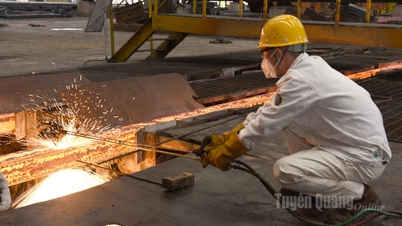

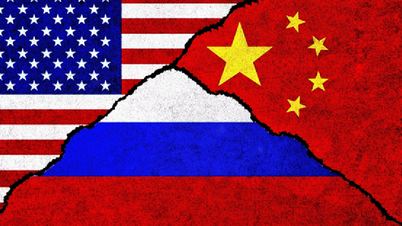




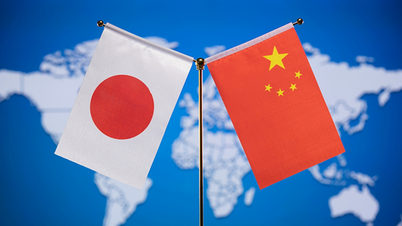




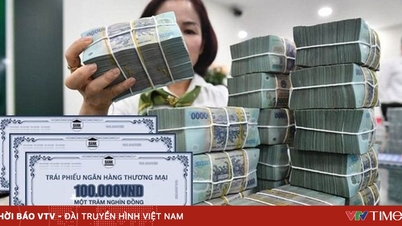



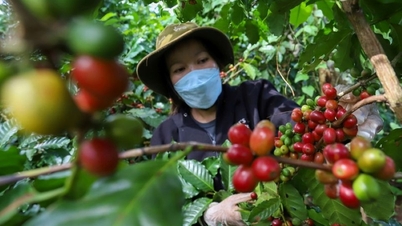























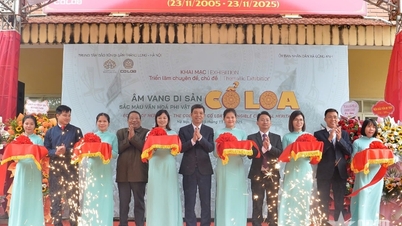





















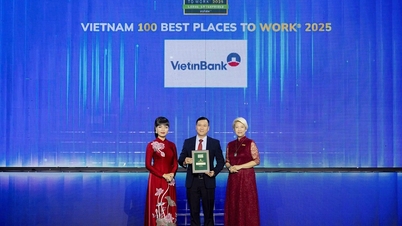










































Comment (0)